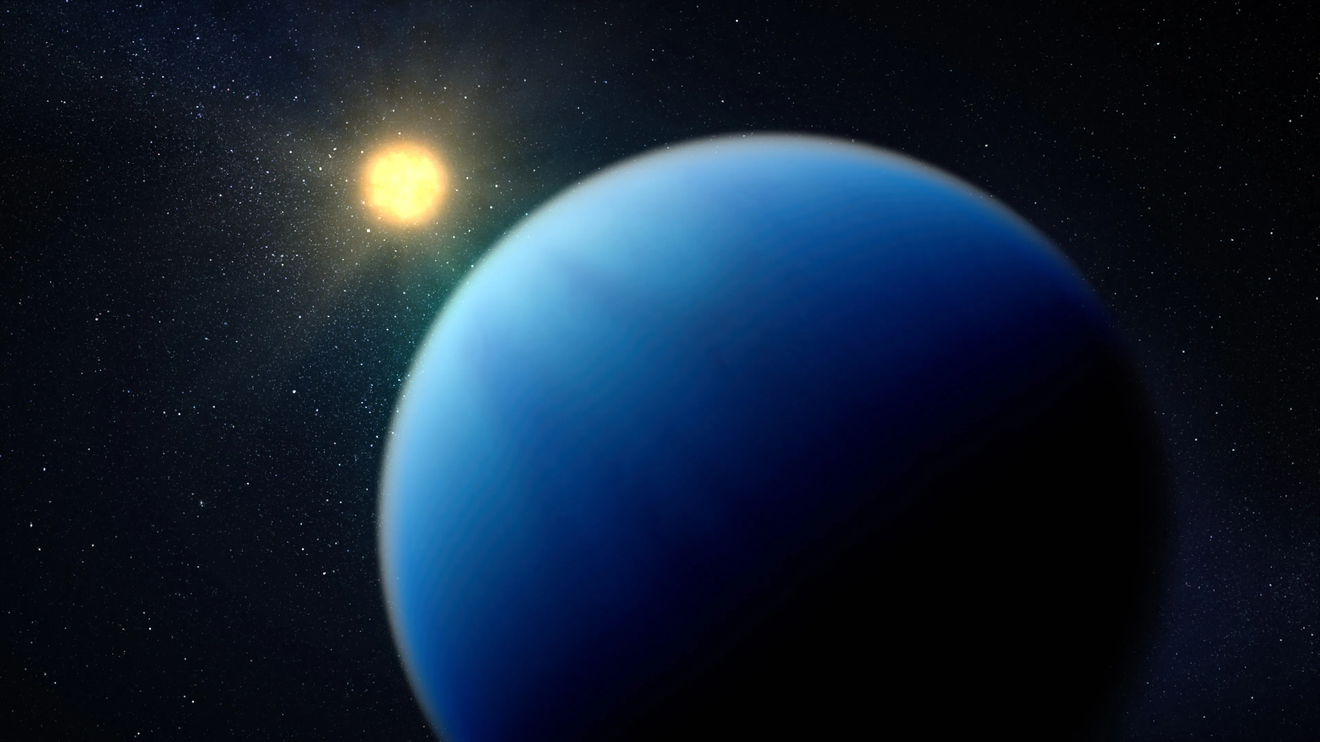Some exoplanets seem to be losing atmospheres and shrinking, reveals NASA data

Scientists have confirmed the detection of more than 5,500 exoplanets, or planets outside our solar system, to date. They come in different sizes but there is a size gap of planets that fall between 1.5 to 2 times the size of Earth (or in between super-Earths and sub-Neptunes) that scientists have been working to better understand. Now, a new study by NASA could explain these 'missing exoplanets'.
The new study has found evidence that some exoplanets are losing their atmospheres and shrinking. Using NASA's retired Kepler Space Telescope, astronomers have found evidence of a possible cause - the cores of certain sub-Neptunes are pushing away their atmospheres from the inside out.
According to the researchers, this loss would happen if the planet doesn’t have enough mass, and therefore gravitational force, to hold onto its atmosphere. So sub-Neptunes that aren’t massive enough would shrink to about the size of super-Earths, leaving the gap between the two sizes of planets.
"Scientists have now confirmed the detection of over 5,000 exoplanets, but there are fewer planets than expected with a diameter between 1.5 and 2 times that of Earth. Exoplanet scientists have enough data now to say that this gap is not a fluke. There's something going on that impedes planets from reaching and/or staying at this size," said Caltech/IPAC research scientist Jessie Christiansen, science lead for the NASA Exoplanet Archive and lead author of the new study in The Astronomical Journal.
The exact reason behind how these planets are losing their atmospheres and shrinking is still a mystery. Scientists have settled on two likely mechanisms, with the first one being the core-powered mass loss; and the other, photoevaporation. This particular study has uncovered new evidence supporting the first mechanism.
The mystery of the shrinking planets 🕵🏾♀️ Planets sized between super-Earths and mini-Neptunes seem to be losing their atmospheres. A new study offers a culprit: The cores of these planets are pushing their atmospheres away from the inside out! https://t.co/nOZYiLNN5j pic.twitter.com/lRlKy28avI
— NASA Exoplanets (@NASAExoplanets) November 15, 2023
- READ MORE ON:
- exoplanets
- shrinking exoplanets
- Kepler Space Telescope
- sub-Neptunes










